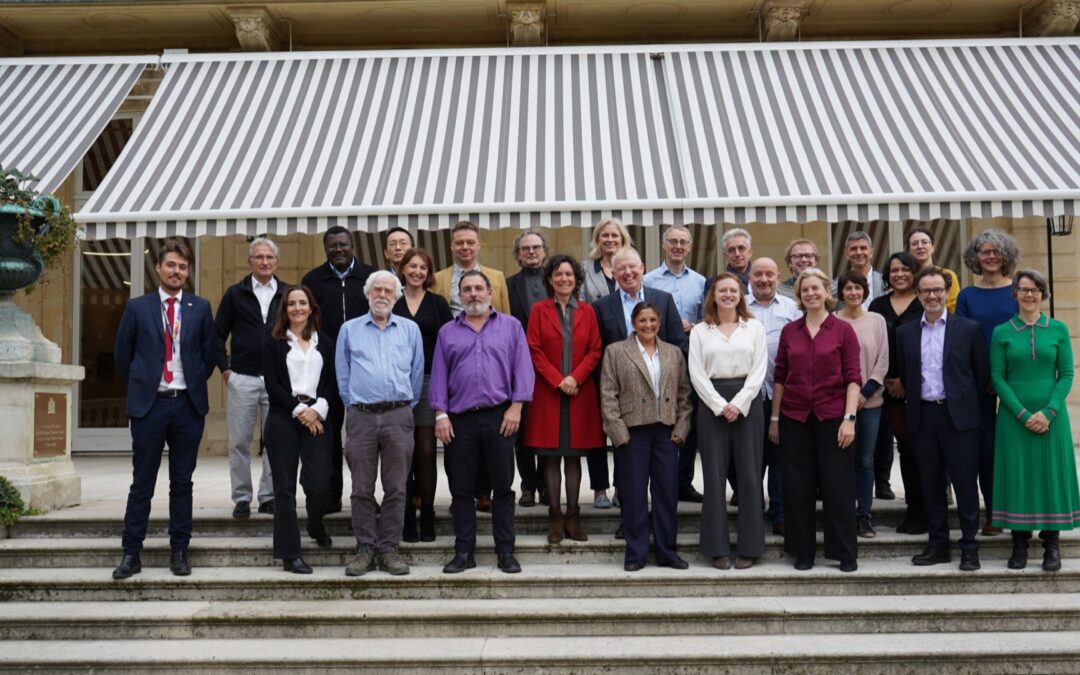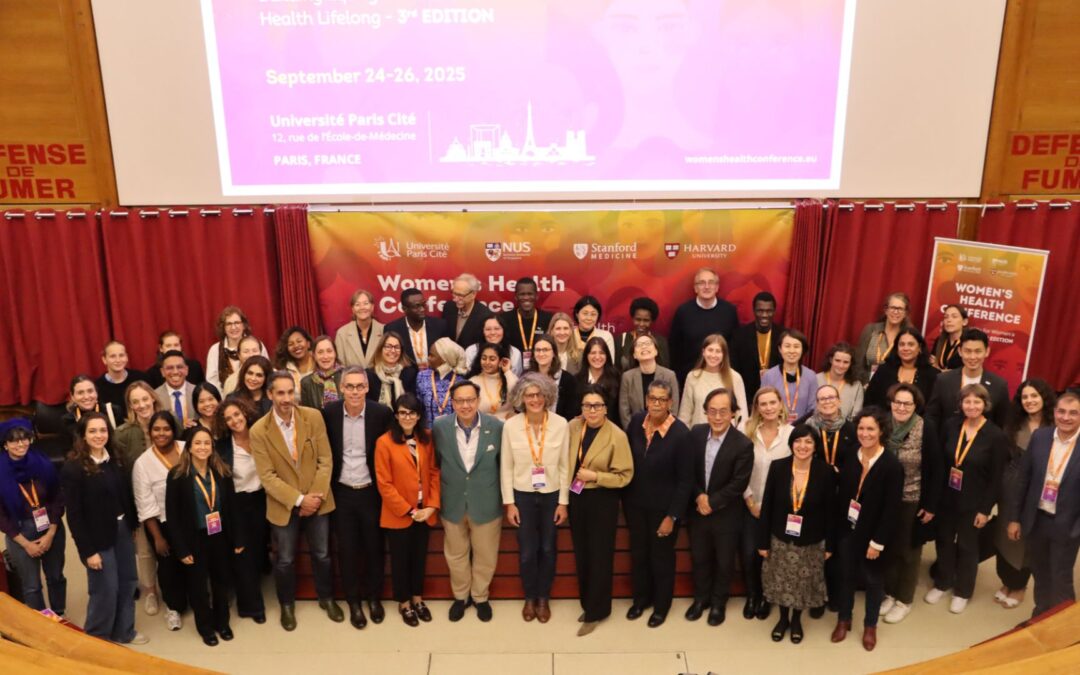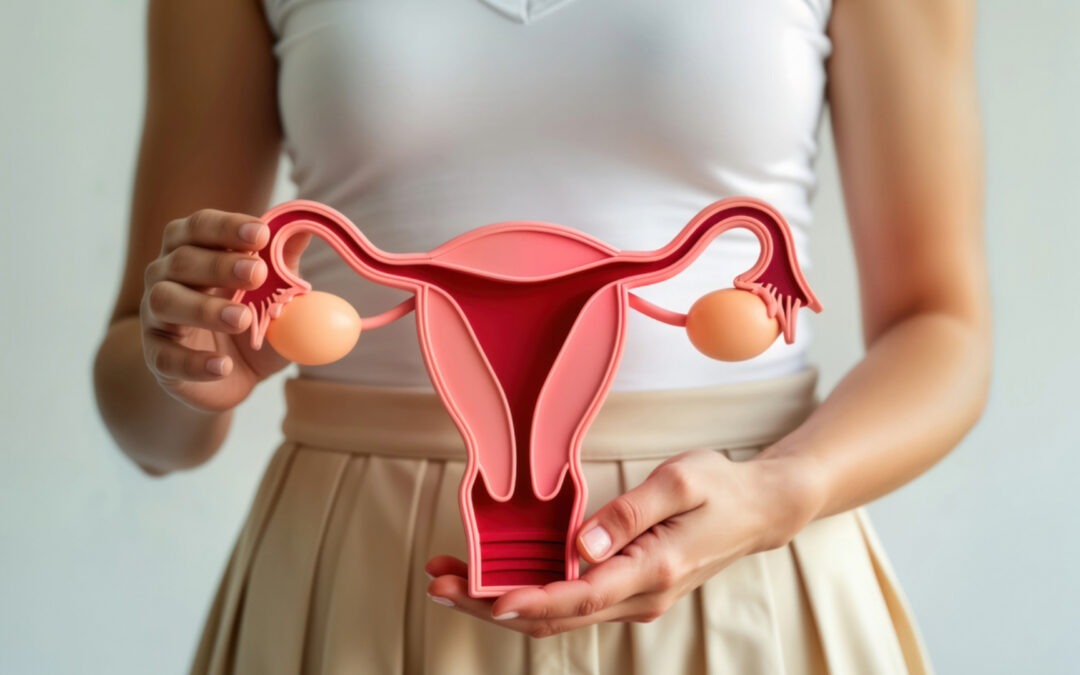Research Chair positions
The Institute for Women and Interdisciplinary research in Science and Health aims to strengthen its commitment to research and innovation by opening five 3-year Junior Chairs and one 4-year Senior Chair.

Chairs applications
- Junior Research Chair in “Physical activity, sport and women’s health” the applications are open until Monday, February 16, 2026, at 12:00 p.m.
Junior Chairs
As part of the FIRE-UP project (ExcellenceS call for projects), the Institute for Women and Interdisciplinary Research in Science and Health of Université Paris Cité is launching a call for applications to support, for three years, young researchers wishing to create and lead a group within a team affiliated to the institute. With a budget of €360,000 over three years, this support can cover salaries, allowances and equipment. The aim is to strengthen research capabilities, promote mobility, attract new talent and develop innovative themes. The program is open to all PhD holders who have been working in France or abroad for more than two years.
Through these chairs, the institute seeks to advance knowledge in the following areas:
- Social inequalities in maternal health,
- Stem cells in reproduction,
- Physical activity, sport and women’s health
- Women’s cardiovascular health: innovative approaches in pathophysiology, diagnosis and prevention
Chair 1: Social inequalities in maternal health (applications closed)
Social inequalities in maternal health
The aim of this research chair is to analyze social inequalities in maternal health, to understand the mechanisms that reproduce them, and to evaluate public policies and actions by healthcare systems and civil society aimed at reducing them.
This chair is run by Jade Merrer within UMRS 1123 ECEVE. Her project called ISSMael (Social and Territorial Inequalities in Maternal Mental Health) is dedicated to the study of social and territorial inequalities in maternal mental health, with a particular focus on postpartum depression.
Calendar: December 2024 – December 2027
Chair 2: Stem cells and reproduction (applications closed)
Université Paris Cité aims to strengthen its research into the contribution of stem cells to human reproduction, from conception to birth. Human pluripotent stem cells, whether embryonic or trophoblastic, and the organoids derived from them, offer innovative prospects for understanding the mechanisms of embryonic implantation, early maternal-fetal interactions and placental pathologies.
Headed by Edouard Lecarpentier, a researcher at the Institut Cochin UMR 1016, the chair is developing innovative approaches to better understand pregnancy, based on stem cell models, the study of early mechanisms of trophoblast development, pre-eclampsia and the development of targeted therapies.
Calendar : janvier 2025 – 2028
Chair 3: Physical activity, sport and women’s health (ongoing applications)
Physical activity, sport and women’s health
The Chair aims to study the impact of physical activity on women’s health at different stages of their lives, understand how it can prevent or alleviate specific disorders such as cardiovascular disease, cancers, menstrual disorders and menopausal symptoms, and identify actions to improve women’s health and quality of life through physical activity.
Chair 4: Women’s cardiovascular health: innovative approaches in pathophysiology, diagnosis and prevention (applications closed)
Women’s cardiovascular health: innovative approaches in pathophysiology, diagnosis and prevention
Women’s cardiovascular health has long been underestimated and neglected in both clinical practice and health research, despite cardiovascular disease being the leading cause of death in women. This chair is part of the main area “Specificity of women in chronic conditions”. It will allow for the development of cross-disciplinary and multidisciplinary research, in order to progress in the integration of these specificities from fundamental research to the care pathway. If the subject is suitable, it can also be integrated into the Institute’s cross-disciplinary axes, or build bridges with other thematic areas.
Senior Chairs
A senior research chair dedicated to “environmental impacts on women’s health” will be set up for a five-year period to explore and better understand the interactions between the environment and women’s health.
À lire aussi

5 novembre 2025 – Troubles psychiatriques : spécificités des femmes
Le mercredi 5 novembre 2025, l’Institut Interdisciplinaire Santé des Femmes – iWISH a organisé un webinaire, animé par Sarah Tebeka, consacré à la santé mentale, intitulé « Troubles psychiatriques, spécificités des femmes ». Cette rencontre a proposé un regard croisé entre une historienne, un psychiatre et une association de patientes, abordant les enjeux cliniques, historiques et expérientiels liés aux troubles psychiatriques chez les femmes.

Renforcer la coopération franco-britannique pour l’innovation en santé
L’Ambassade du Royaume-Uni à Paris a accueilli un atelier de deux jours réunissant des institutions scientifiques britanniques et françaises de premier plan, dont l’Université Paris Cité. Ensemble, elles ont jeté les bases de nouveaux partenariats de recherche en santé, dans des domaines cruciaux tels que la résistance aux antimicrobiens, les maladies infectieuses et la santé des femmes.

Women’s Health Conference 2025
From September 24 to 26, 2025, Université Paris Cité organized and hosted the third edition of the Women’s Health Conference, an international event bringing together researchers, practitioners, policymakers, and activists from around the world. Between practical workshops and interdisciplinary discussions, the conference offered a rich and inspiring space to exchange ideas on the scientific and societal challenges related to women’s health.

11 juin 2025 – Recherche en endométriose : Regards croisés d’une biologiste, d’une sociologue et d’une association de patientes
Le mercredi 11 juin 2025, l’Institut Interdisciplinaire Santé des Femmes – iWISH a organisé un webinaire consacré à la santé gynécologique, en particulier à l’endométriose. Cette maladie chronique se caractérise par la présence de tissu semblable à celui de l’endomètre – normalement localisé à l’intérieur de l’utérus – en dehors de celui-ci. Implanté à des endroits inhabituels (comme les ovaires, les trompes ou le péritoine), ce tissu réagit aux variations hormonales du cycle menstruel et provoque une inflammation chronique. La rencontre a proposé une approche interdisciplinaire de l’endométriose, en croisant les savoirs scientifiques, les analyses sociologiques et les vécus des patientes.
